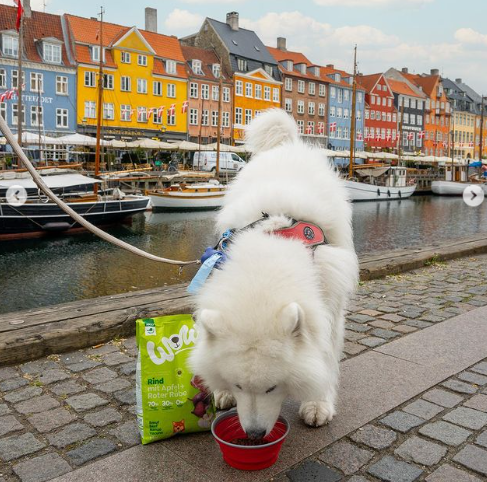Dog Life Expectancy: All you Need to Know
Dogs are beloved companions that bring so much joy into our lives. Unfortunately, their lifespans are much shorter than ours, and the average dog lives for 10-13 years. Several factors can affect a dog’s life expectancy, including breed, size, genetics, and lifestyle.
Factors that Affect Dog Life Expectancy
- Breed: Some dog breeds have longer lifespans than others. For example, small species like Chihuahuas and Toy Poodles typically live for 14-16 years, while giant breeds like Great Danes and Saint Bernards only live for 7-10 years.
- Size: In general, smaller dogs live longer than larger dogs. This is because larger dogs tend to mature more quickly and have a higher risk of developing certain health conditions, such as cancer and heart disease.
- Genetics: Some dogs are born predisposed to specific health problems, which can shorten their lifespans. For example, hip dysplasia is a common genetic condition leading to arthritis and other health problems.
- Lifestyle: Certain lifestyle factors can also affect a dog’s life expectancy. For example, dogs that are well-fed and exercised regularly are more likely to live longer than dogs that are overweight or not exercised enough.

How to increase your dog’s life expectancy
There are several things you can do to increase your dog’s life expectancy:
- Provide a healthy diet. Feed your dog a high-quality diet appropriate for their age, breed, and activity level. Avoid feeding your dog table scraps or processed foods, as these can be unhealthy.
- Exercise your dog regularly. Exercise is essential for dogs of all ages, but it is necessary for senior dogs. Exercise helps keep dogs’ muscles and joints strong and can also help prevent obesity and other health problems.
- Take your dog for regular veterinary checkups. Veterinary checkups are essential for dogs of all ages, but they are necessary for senior dogs. This is because old dogs are more likely to develop health problems.
- Keep your dog’s weight under control. Obesity is a significant health problem for dogs, which can shorten their lifespans. If your dog is overweight, discuss a weight loss plan with your veterinarian.
- Groom your dog regularly. Grooming is essential for dogs of all ages, but it is necessary for senior dogs. Grooming helps to remove dirt, debris, and loose hair from the coat, and it can also help to detect any potential health problems early on.
Common health problems in senior dogs
As dogs age, they are more likely to develop specific health problems. Some of the most common health problems in senior dogs include:
- Arthritis: Arthritis is a common condition that causes inflammation of the joints. It can be painful and make it difficult for dogs to move around.
- Cancer: Cancer is a common disease in all animals, including dogs. Senior dogs are at an increased risk of developing cancer.
- Heart disease: Heart disease is a common condition affecting dogs of all ages, but it is more common in seniors. Heart disease can lead to heart failure and other serious health problems.
- Cognitive dysfunction syndrome: Cognitive dysfunction syndrome is a condition that causes cognitive decline in dogs. It is similar to Alzheimer’s disease in humans.
- Kidney disease: Kidney disease is a common condition affecting dogs of all ages, but it is more common in seniors. Kidney disease can lead to kidney failure and other serious health problems.
Caring for a senior dog
If you have a senior dog, there are several things you can do to help them live a long and happy life:
- Please provide them with a comfortable place to rest. Senior dogs may need more rest than younger dogs, so giving them a comfortable place to relax is essential. This could be a bed, a crate, or a sofa.
- Give them plenty of fresh water. Senior dogs may need to drink more water than younger dogs, so it is essential to ensure they have access to plenty of fresh water at all times.
- Feed them a diet that is appropriate for their age and health needs. Senior dogs may have different dietary needs than younger dogs. Talk to your veterinarian about the best diet for your old dog.
- Take them for regular veterinary checkups. Regular veterinary checkups are essential for senior dogs. This is because old dogs are more likely to develop health problems.
- Be patient and understanding. Senior dogs may not be able to move around as well as they used to and may need more help with things like grooming and bathing. Be patient and understanding with your senior dog.


